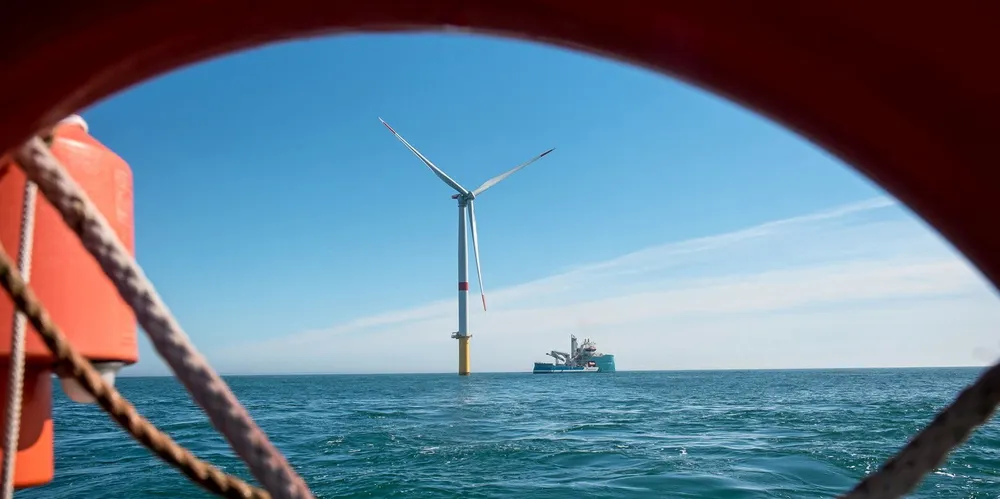'Steel, cement and fuels' | European energy players in industry-first to green offshore wind
BP, EnBW, Fred Olsen Seawind, Orsted, Parkwind, RWE, ScottishPower Renewables, Shell, SSE, TotalEnergies and Vattenfall team up with Carbon Trust to tackle life-cycle carbon emissions from wind at sea
